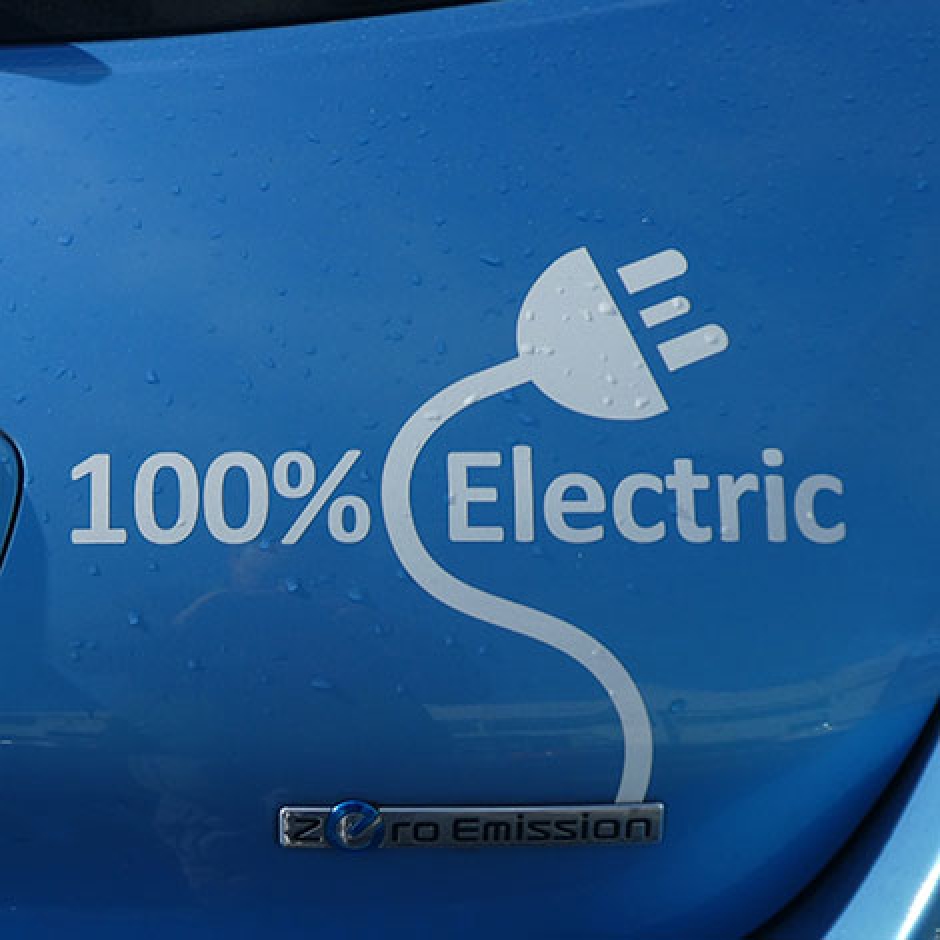Coming to utilising alternative fuels, Kainuu region is behind the Finnish average numbers. If the region aims to be carbon neutral before year 2035, this will require 2050 biogas vehicles, 9 800 electric vehicles and 270 hydrogen vehicles, states a recent feasibility study.
The Regional Council of Kainuu is a project partner in the Interreg Europe project e-MOPOLI, that aims at promoting alternative fuel and e-mobility represent as ways to reduce the carbon footprint of economic activities in urban and extra-urban areas. e-MOPOLI Project implemented a feasibility Study focusing on the development of alternative mobility in Kainuu during December 2019 – March 2020. The purpose of the feasibility study was to reach insights and make recommendations about optimal options promoting the utilisation of electrical and in general alternative mobility. Main focus was on biogas and electricity, and all types of vehicles were included from tractors in agriculture to buses, taxes and passenger cars.
The report presents that carbon dioxide emissions have decreased very little in traffic in Kainuu from 2009 to 2020. Therefore, special efforts have to be put for reducing emissions in traffic from 2020 to 2030. According to the study, utilising alternative fuels is becoming more common also in Kainuu, but there are issues regarding to availability/ distribution network that need to be solved.
Especially investments in farm biogas plants are needed in the future, at the same time seeking for the critical mass through cooperation. Biogas plant plans for Majasaari need to be updated and put to practice before year 2025. Electric mobility has to be enhanced by supporting tourism businesses in setting up charging points and by increasing number of electrical vehicles on the public sector. In addition, synthetic fuels produced by capturing carbon dioxide from smoke gas should be seen as a possibility and a necessity for the Kainuu region.

